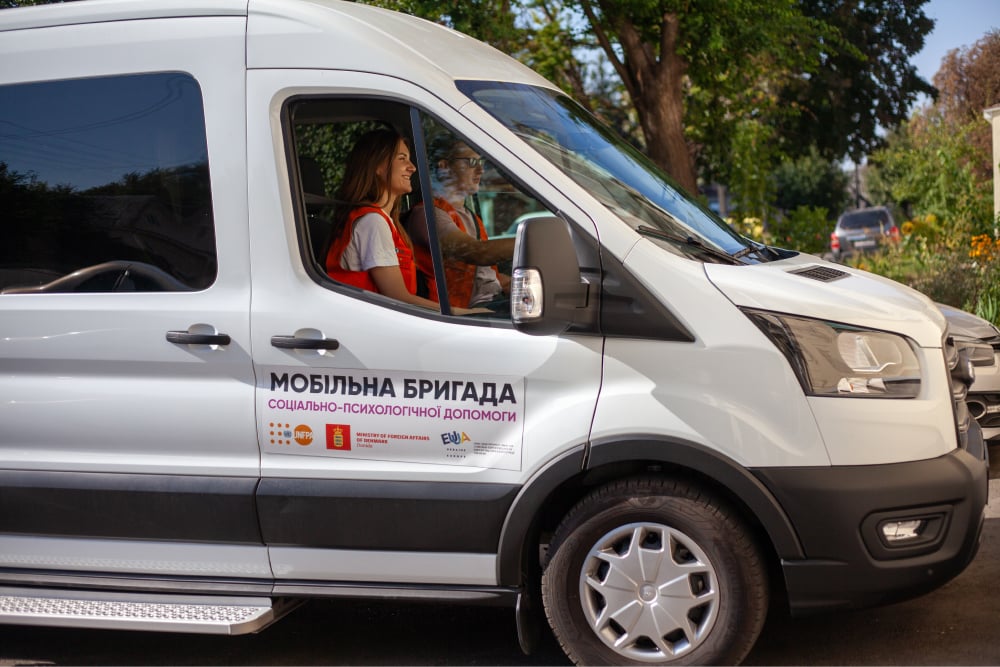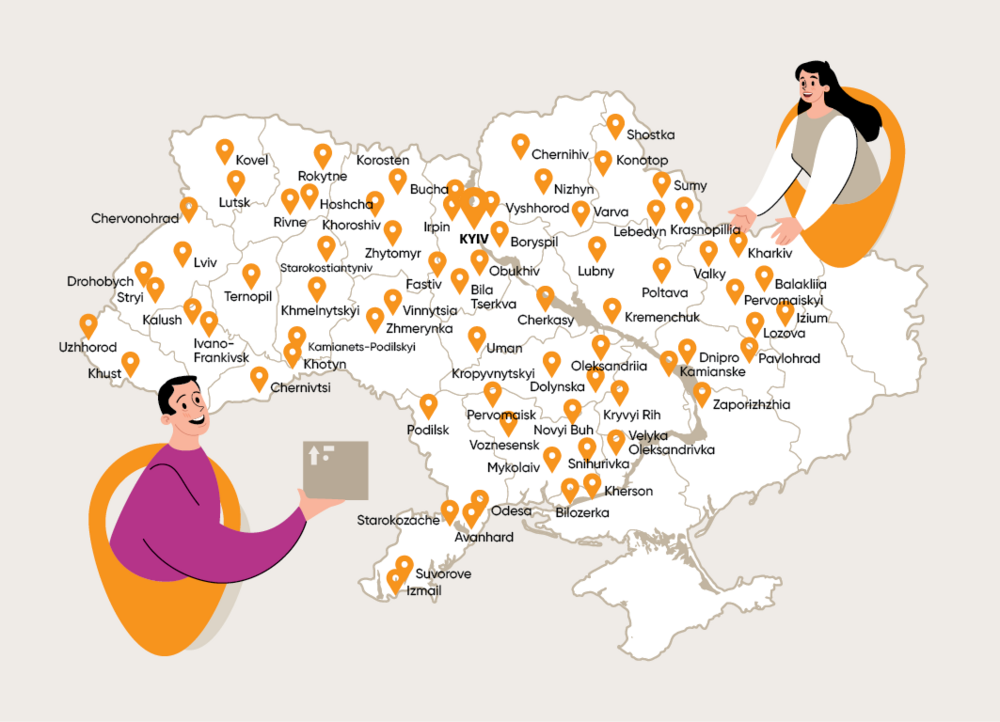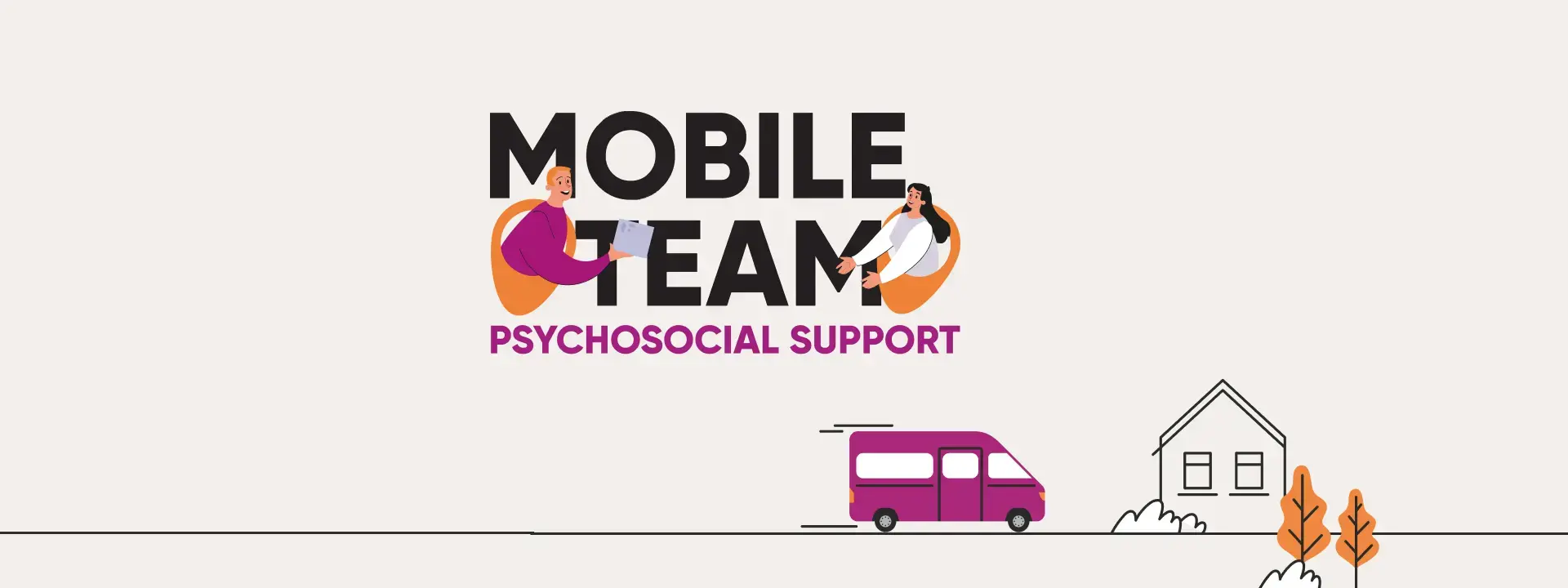Mobile Teams provide psychosocial support to survivors of GBV and domestic violence
The mobile teams provide free social and psychological support to people regardless of gender and community status. The main advantage of such a team is its mobility. The team responds quickly and efficiently to a survivor's request, which makes it possible to identify a case of violence in a timely manner, provide social and psychological support to those in need, and refer them to other services if necessary.
What kind of help mobile teams provide?
- provide psychological assistance to survivors;
- respond to reports of violence promptly, utilizing crisis and emergency intervention as necessary;
- provide survivors with information on available medical, legal, and support services, including details about specialized support services like shelters, crisis rooms, day centers, etc;
- educate survivors on their rights and available support options;
- conduct information and awareness-raising activities.

Each of the mobile teams consists of:
- two professionals (psychologist, social worker);
- a driver with a car.
Consultations with survivors take place according to an individual schedule.
There are 106 Psychosocial Support Mobile Teams in 22 regions of Ukraine

The mobile teams are supported by UNFPA, the United Nations Population Fund in Ukraine, in coordination with the Office of the Vice Prime Minister for European and Euro-Atlantic Integration and the Ministry of Social Policy of Ukraine. The services of the mobile teams are provided thanks to the financial support of the governments of the United States (USAID Bureau of Humanitarian Assistance), Norway, Sweden and the Republic of Korea.


